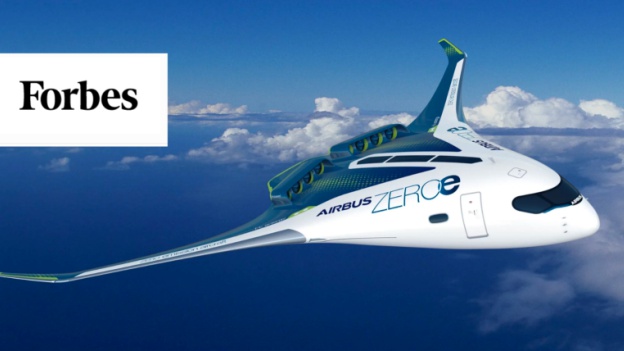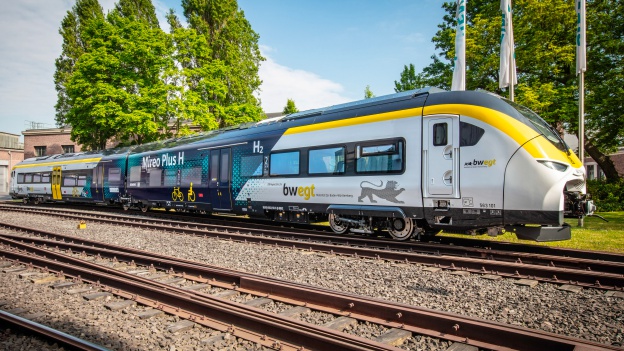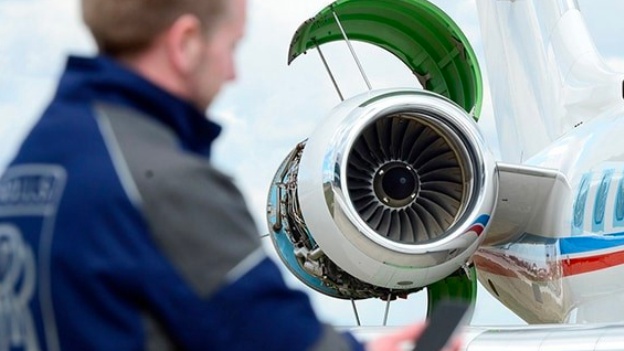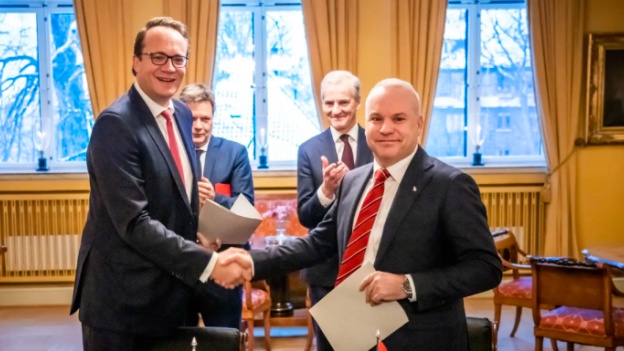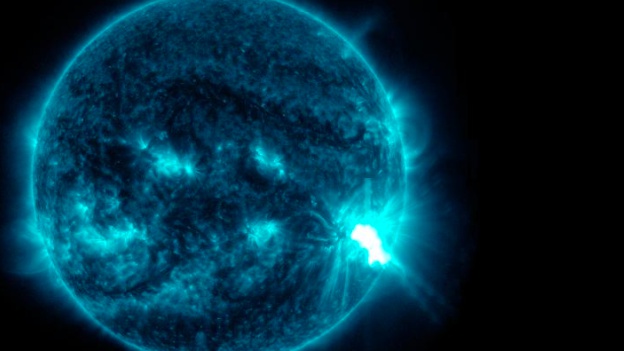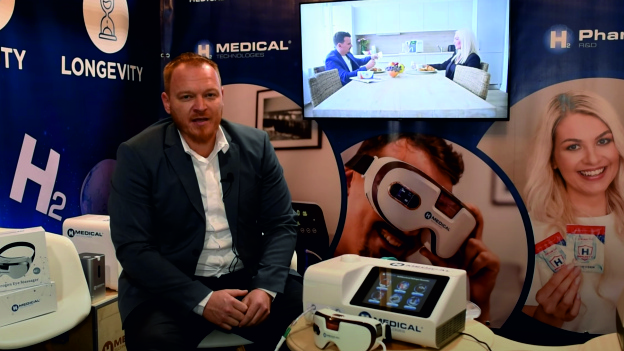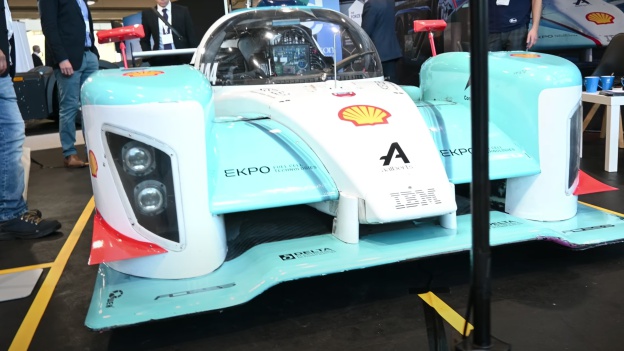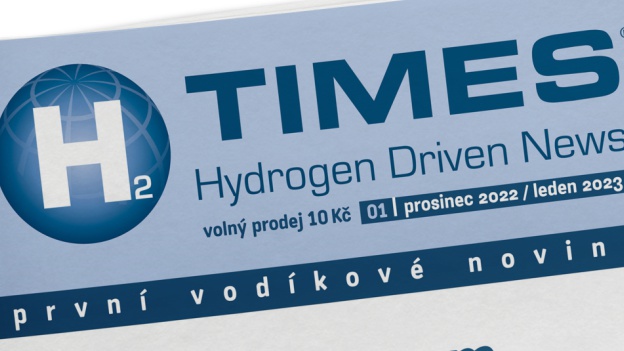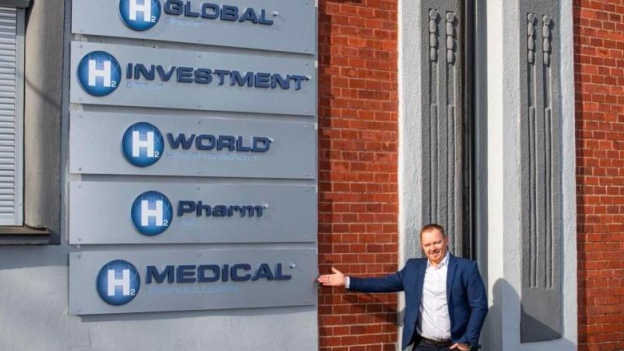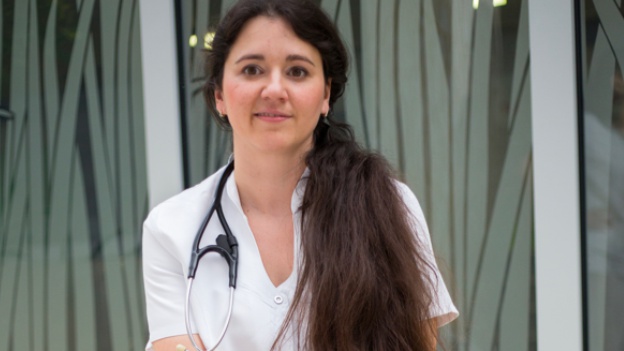The European Hydrogen Bank pilot auction for renewable hydrogen production in Europe received 132 bids from projects in 17 European countries. However, according to the Argus, only a small proportion of them are likely to be successful. A second, larger auction round is likely to be launched in the autumn instead of the planned spring 2024 deadline.
The amount of support for successful projects in this pilot auction is €800 million. The funding will be provided under the Innovation Fund in the form of a fixed premium per kilogram of renewable hydrogen produced and certified for 10 years. The maximum amount of the fixed premium for which participants in the auction compete is €4.50/kg (approximately €113/MWh). This cap will be reviewed in subsequent auction rounds and may be adjusted if necessary.
The pilot auction started in November 2023 and ended in February 2024. Bids were submitted for a total of 132 projects in 17 different countries, which means that the average power input of electrolysers per project was 64.4 MW. According to the European Commission, these projects could together produce 880,000 t/y of hydrogen from renewable sources, which would almost cover 10% of the 10 million t/y of domestic production the bloc has set for itself under the REPowerEU initiative.
„Applications have already been submitted and the enthusiastic market response to the pilot auction shows that the European hydrogen industry is ready to scale up! Renewable hydrogen is an important solution in Europe's efforts to achieve climate neutrality by 2050 (...) We now have a system that provides efficient and targeted public support in full compliance with market needs,“ said Kurt Vandenberghe, Head of the European Commission's Directorate General for Climate Action.
Only a small proportion of bids will succeed
However, with the auction budget capped at €800 million ($861 million), only a small proportion of bids are likely to be successful, according to the Argus. The EU has set an upper limit for the fixed premium of €4.50/kg, but successful bids are likely to be well below this threshold as projects requesting the lowest amount of support will be selected.
This can also be inferred from the Danish auction that has already taken place, where successful bids were around €0.85/kg. At this price, the European pilot auction budget would be sufficient to subsidise around 94,100 tonnes of hydrogen per year, less than 12 per cent of the potential 880,000 tonnes per year. In order for the budget to be sufficient to support only one third of the bids, the successful ones would have to average around €0.27/kg.
Five years to start production
The European Executive Agency for Climate, Infrastructure and Environment (CINEA), the programme's implementing body, will inform successful applicants by April or May. Grant agreements should be signed by November 2024. Selected projects will then have five years to start production, which means they should be operational by November 2029 at the latest.
The Commission plans to launch the second round of the hydrogen bank auction by the end of the year. The original plan to launch the second auction round in spring 2024 is therefore likely to be postponed. However, the second auction could have a significantly higher budget, up to €2.2 billion, if Member States do not raise it further. Overall, the European Hydrogen Bank has a budget of €3 billion from the European Innovation Fund.
source - European Commission, argusmedia.com
photo source - European Commission












